The H. Schwarzenbach delicatessen has its origins in St. Gallen, where Heini Schwarzenbach’s great-great-grandfather founded his first business in 1864 as a trained pasta manufacturer in the “Haus zur Taube”, trading primarily in eggs, pasta, spices and coffee.
In 1879, Heinrich I opened additional business premises on Kuttelgasse in Zurich and a few years later on Neumarkt in Winterthur.
Great-grandfather Heinrich II took over the business in 1888, liquidated the shop in St. Gallen and gradually expanded the business in Zurich. In 1910, he bought the property “Zur alten Post” at the Münstergasse and completely expanded it to meet the needs of a grocer. He enlarged the shop and began roasting coffee himself in 1928. However, the egg business remained one of the most important pillars of the business for a long time.
After the war years, the 3rd generation took over the shop in 1945. Engros and gastronomy were an important sales channel during this time. In 1969, the shop in Winterthur was closed. Five years later, Heinrich IV took over the shop, liquidated the Engros trade and concentrated on the retail trade. Basic foodstuffs were still an important mainstay. But more and more specialities of all kinds were added.
In 1987, Heini Schwarzenbach V. started working in the shop. Specialities were continuously added to the range. Tea became one of the most important products, along with coffee and dried fruit. In 1998, the “Teecafé” was opened, adjacent to the shop and the coffee roastery. After 22 years, the premises were converted into a chocolate shop. Today, the traditional house is still family-owned by the 5th generation.
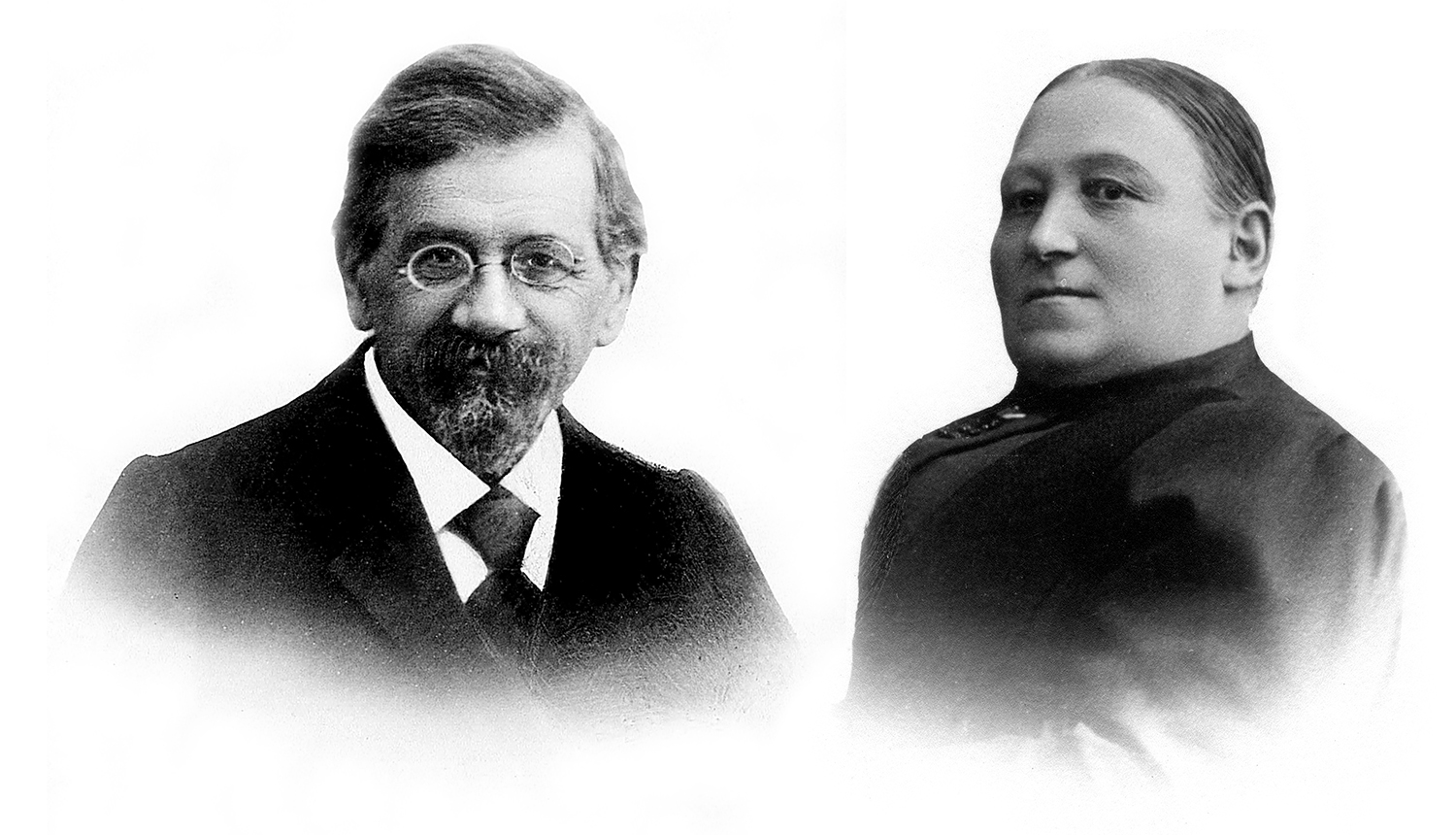
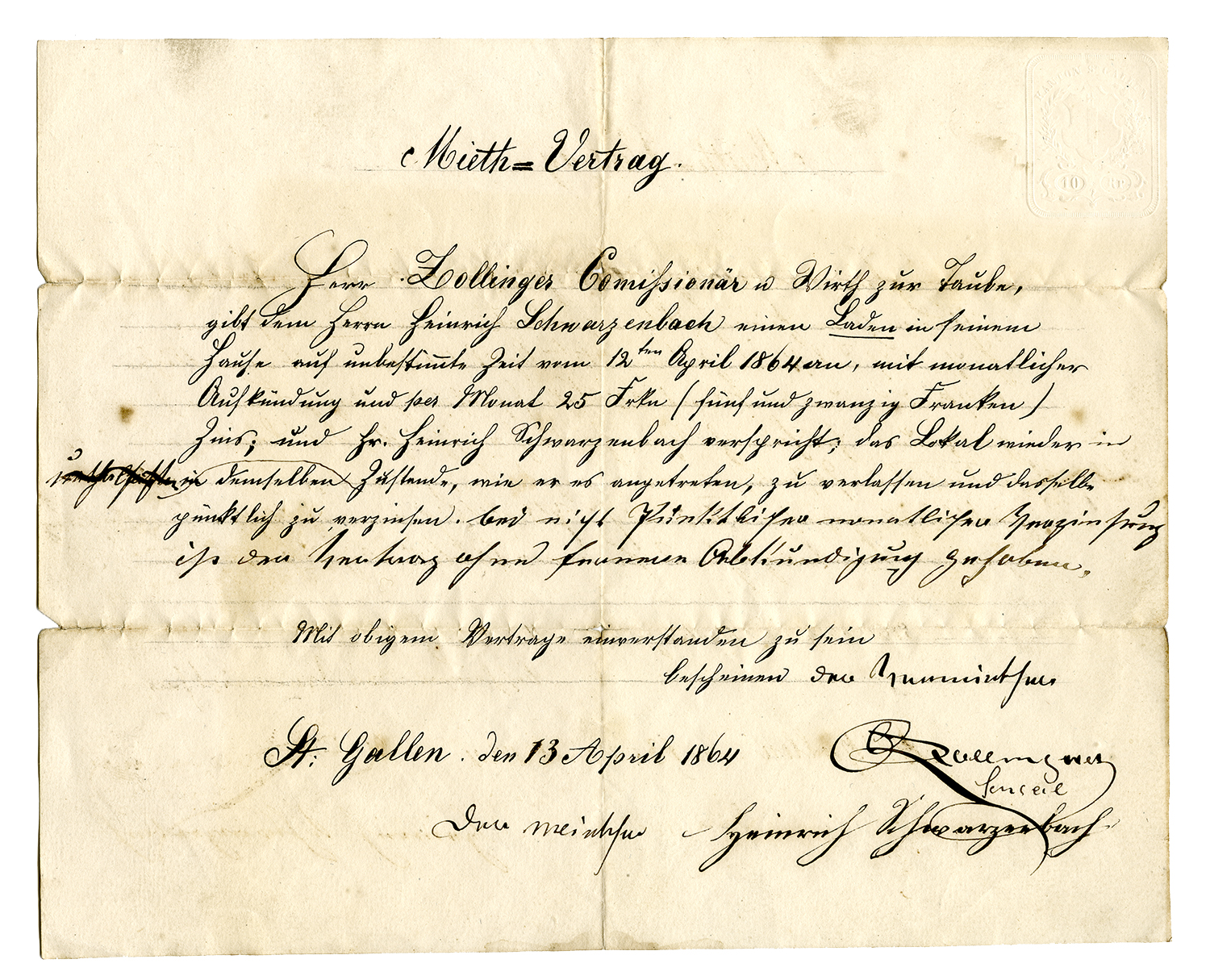
1864
Heinrich I, 24 years old, opens his first store in the old town of St.Gallen with his wife Anna Maria Schwarzenbach-Ruf. In addition to eggs, basic food such as flour, sugar, pasta, salt and curd soap, individual spices are also offered.
1879
An additional store is opened in Zurich in the Kuttelgasse. This location is favorably chosen, as the weekly market is still held on the lower Bahnhofstrasse near the main station at that time.
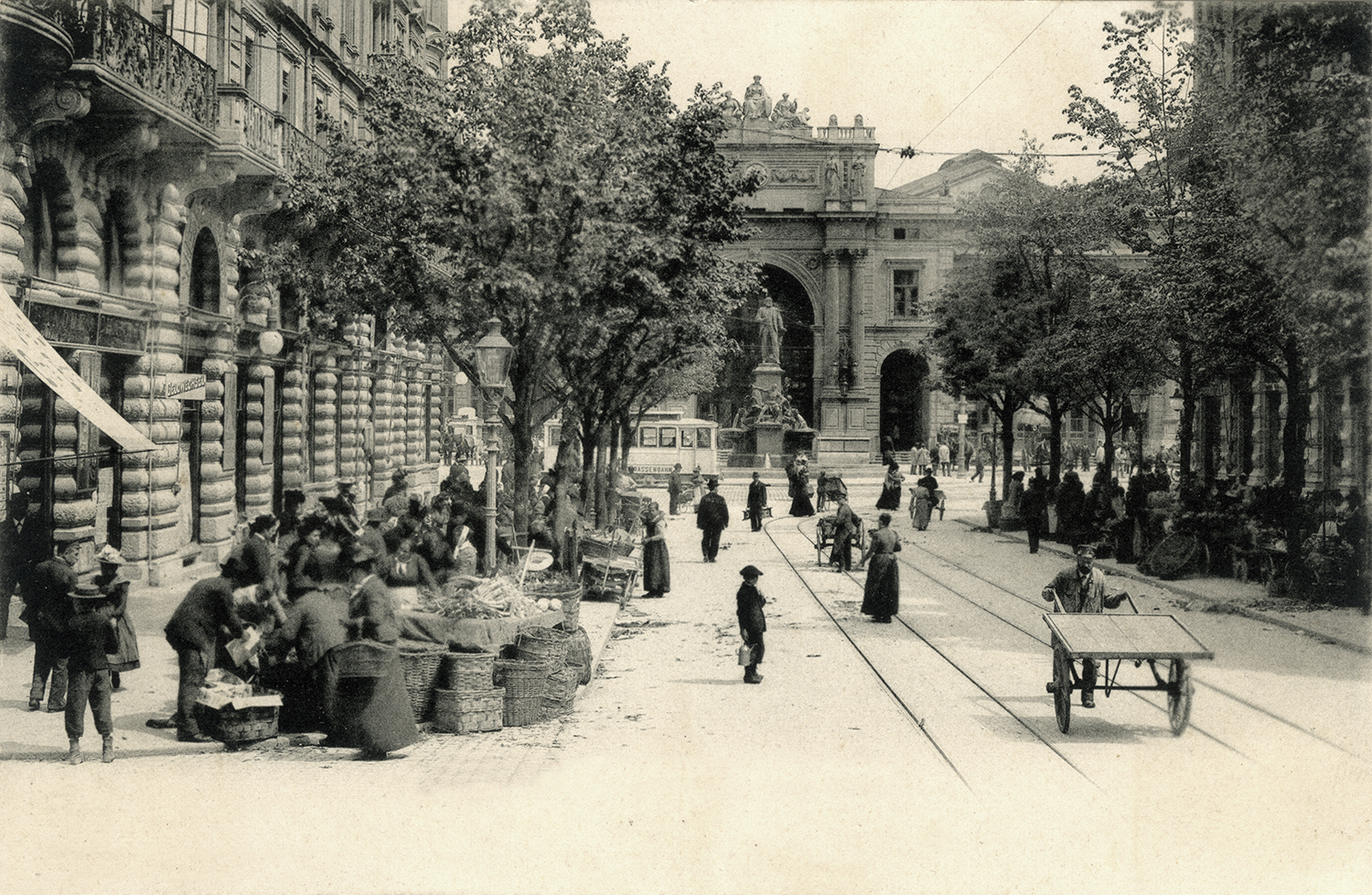
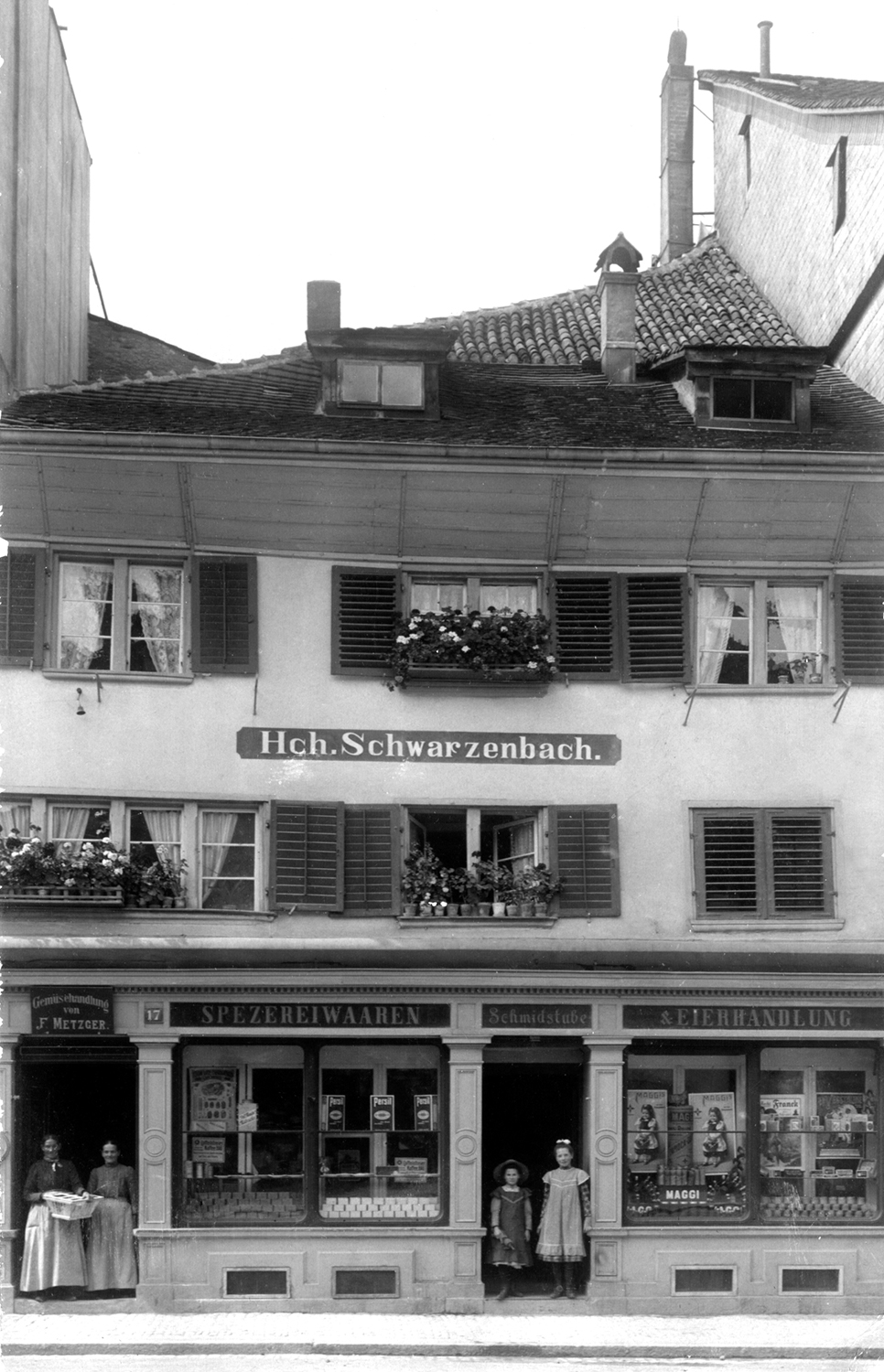
Neumarkt 17, Winterthur
1886/1887
A move from Kuttelgasse first to Augustinergasse, then to Schoffelgasse on the right bank of the Limmat takes place almost simultaneously with the opening of the third location at Neumarkt 17 in Winterthur.
Although the three shops are only open on market days, they are still run without outside help. Large parts of the way between the three locations still have to be covered on foot.
Heinrich II enters the business after 6th primary school.
1888
The founder Heinrich I embarks on a long journey abroad. Heinrich II, age 18, takes over the business and continues it with his mother.
The shop in St. Gallen is liquidated.
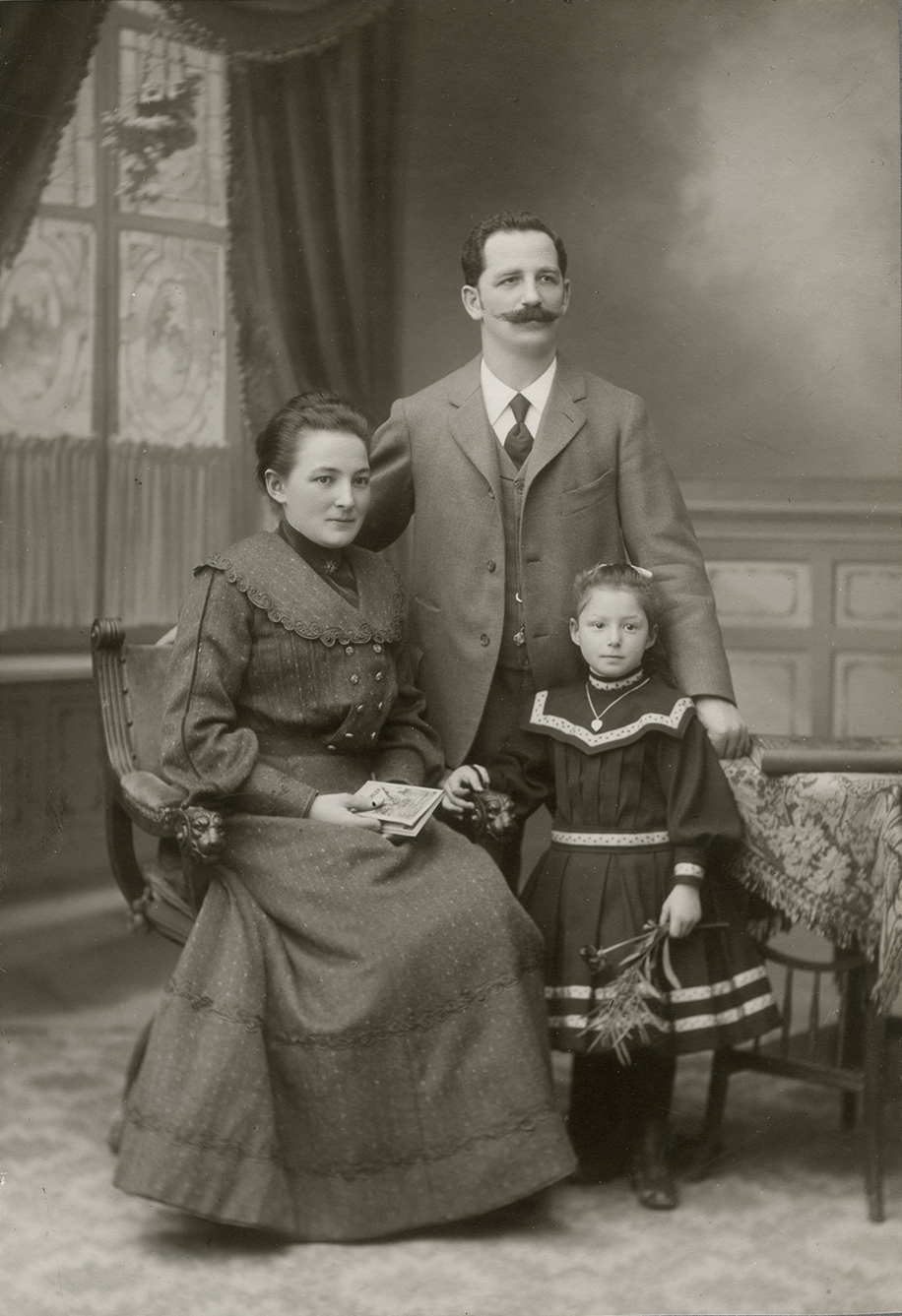
1892
Heinrich II leaves Schoffelgasse and rents the premises at Napfgasse 4 from the confectioner Theodor Schober. The first employee is hired.
Heinrich I returns from his trip to America in poor health.
1899
Heinrich II marries Lina Rahn. The wife actively helps out in the shop.
1910/1912
Heinrich II and his wife Lina buy the house “Zur alten Post” at the Münstergasse 19, in Zurich. The house, which housed Zurich’s first post office until 1838, is completely hollowed out up to the second floor and expanded to meet the needs of the future delicacies shop. The shop opens in 1912, selling eggs, pasta, pulses, dried fruit and vegetables, coffee and spices. Various fresh apple, pear and potato varieties are also part of the assortment. During the Christmas season also oranges and mandarins are sold. Home deliveries are made, but hotels and restaurants also belong to the clientele (hence the still visible exterior labelling “Detail und Mi gros”).
Today’s shop furnishings, sales counter, wall frames, but also floor coverings and storage space still date from this time.
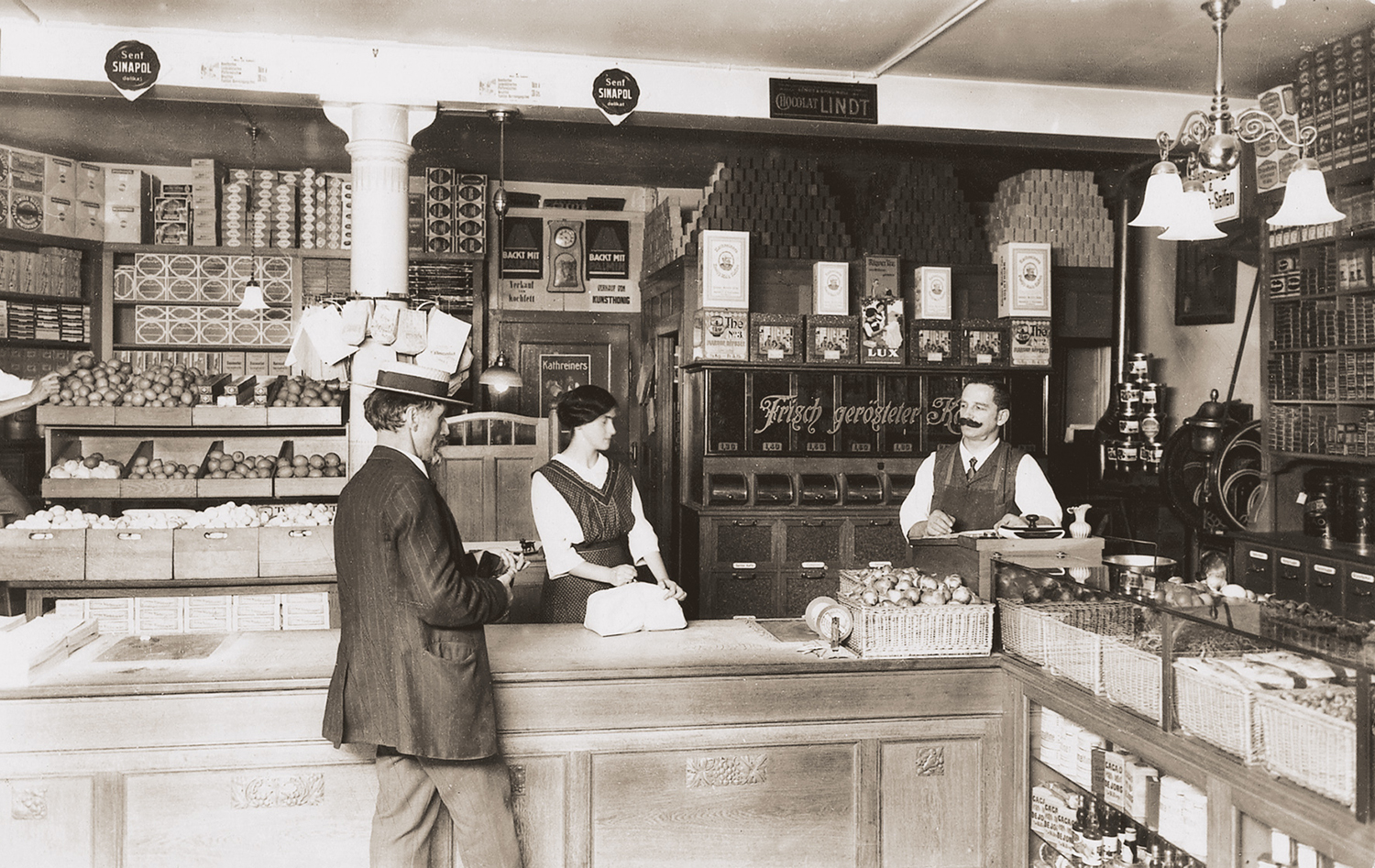
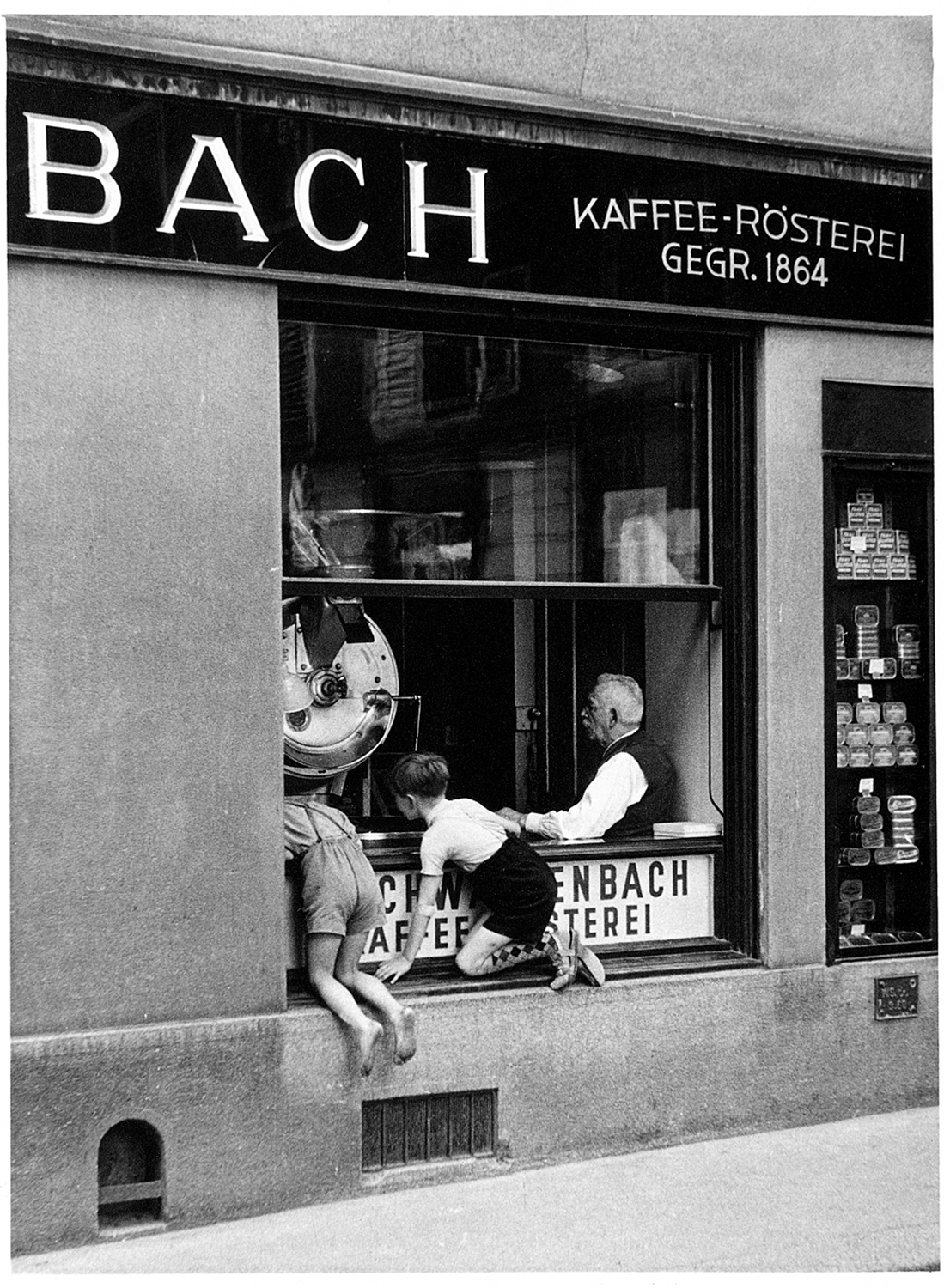
1928
The annexed property at Münstergasse 17 is acquired. The shop can be extended with a showroom, additional storage space and the first own coffee roasting machine.
1945
Heinrich III and his wife Johanna Rufli take over the business.
The war years are also difficult in business terms. In 1942/43, among other things, only 216,680 eggs were sold at a unit price of 32 cents. In comparison, in 1933/34, 2,700,000 eggs were sold at 8 cents each.
1947
Henry III buys the Martini small truck (petrol consumption 28 litres / 100 kilometres) for deliveries to Engro customers, replacing the electric vehicles purchased during the war years.
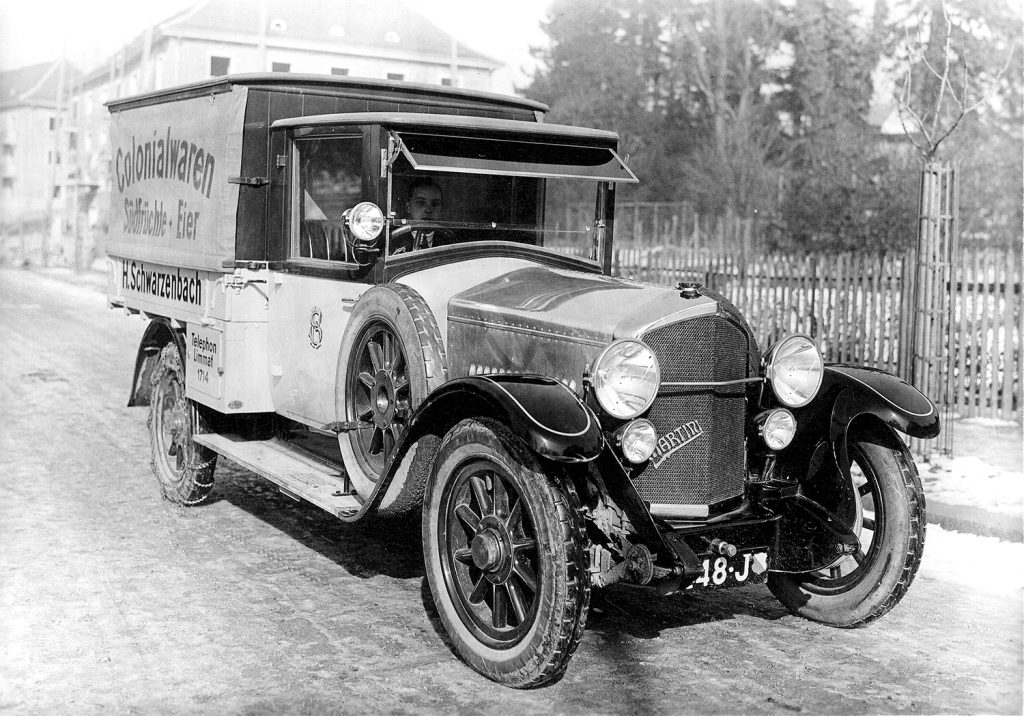
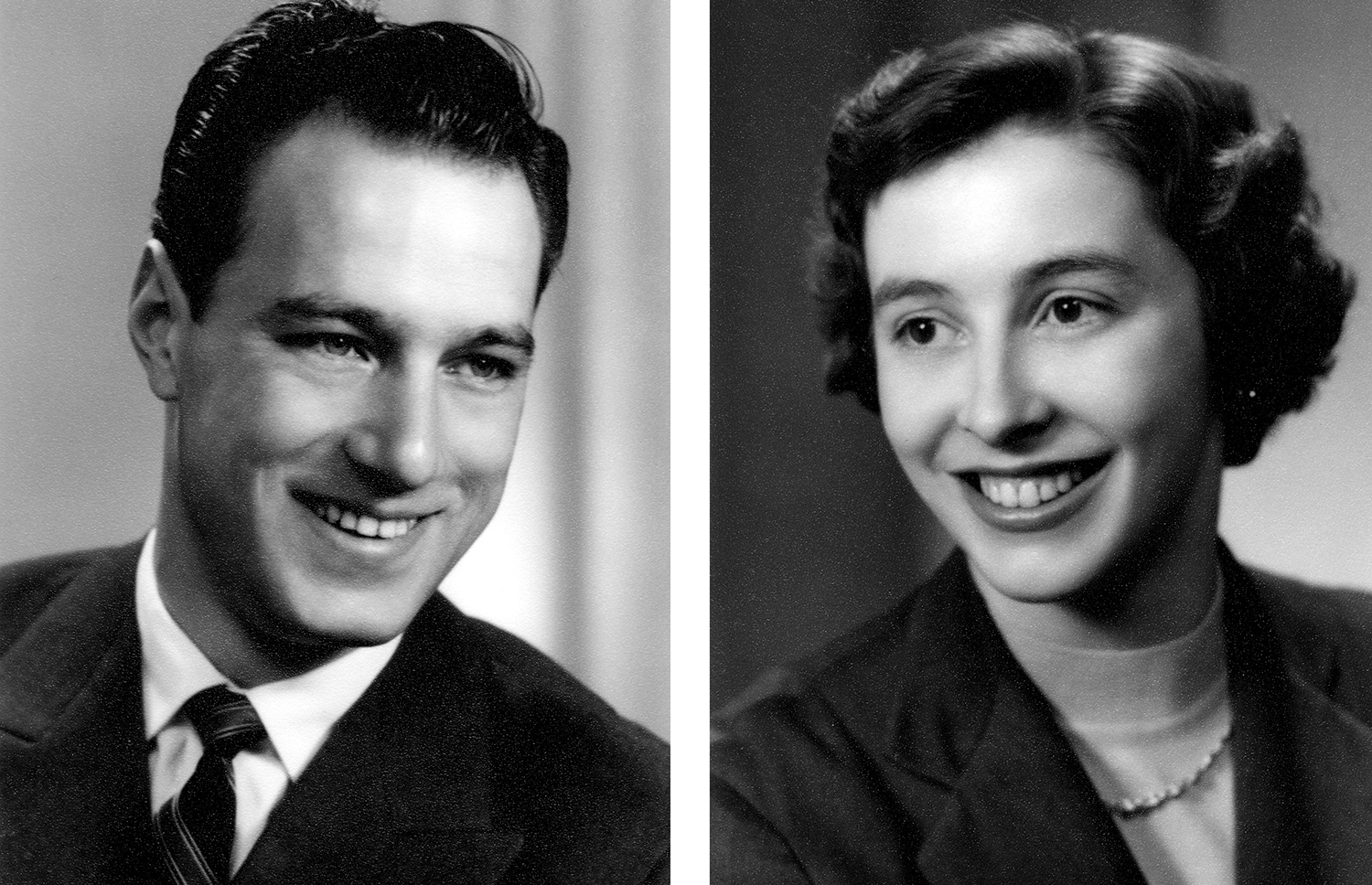
1954
At the age of 21, the 4th generation, Heinrich IV, enters the business. In 1956 he marries Annelies Niederberger. Soon she is also working in the shop.
Trade with the catering trade becomes visibly more difficult and the competition with the growing chain shops such as Usego, Konsumverein and Migros grows continuously.

1970
Heinrich IV and his wife Annelies take over the shop on Münstergasse. The wholesale business is abandoned and the focus is on private customers. The assortment is consistently focused on quality products. Staple food are still an important mainstay. However, specialities such as coffee rarities, directly imported balsamic vinegar and olive oil and an extended range of high-quality spices are added.
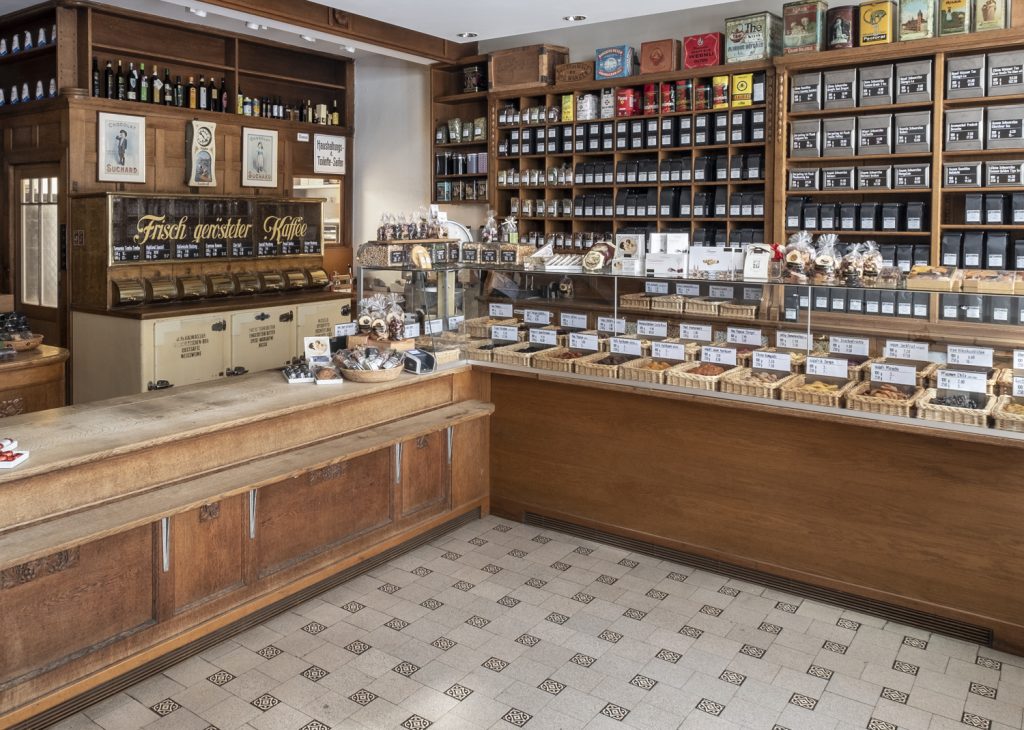
1987
Like his father, Heinrich V. (today’s owner Heini Schwarzenbach) joined the business at the age of 21. The non-modernised shop interior and the maintenance of the personal service to the customers turns out to be the right decision of the 4th generation. New specialities are continuously added to the range. Tea becomes one of Schwarzenbach’s most important products, along with coffee and dried fruit.
In 1988, the sole proprietorship of Heinrich Schwarzenbach is changed into a family stock corporation.
1990
Due to illness, Heinrich IV retires from the business. Heini Schwarzenbach continues to run the shop with his mother Annelies. Purchasing directly from the producers plays a central role and not only guarantees freshness and exceptional delicacy and finesse, but also makes it possible to pass on information about cultivation, processing and taste directly and at first hand to the customers. In addition to the products, the transfer of knowledge is increasingly becoming a central concern.
In 1995, Brigitte, Heini’s sister, joins the business. Two years later Heini marries Patricia Maier. Patricia, a freelance graphic designer, takes over the visual appearance of the company.
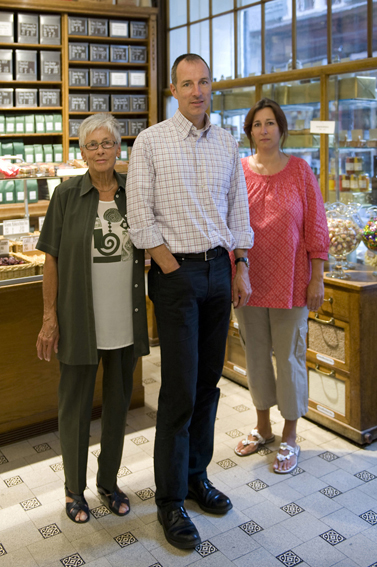
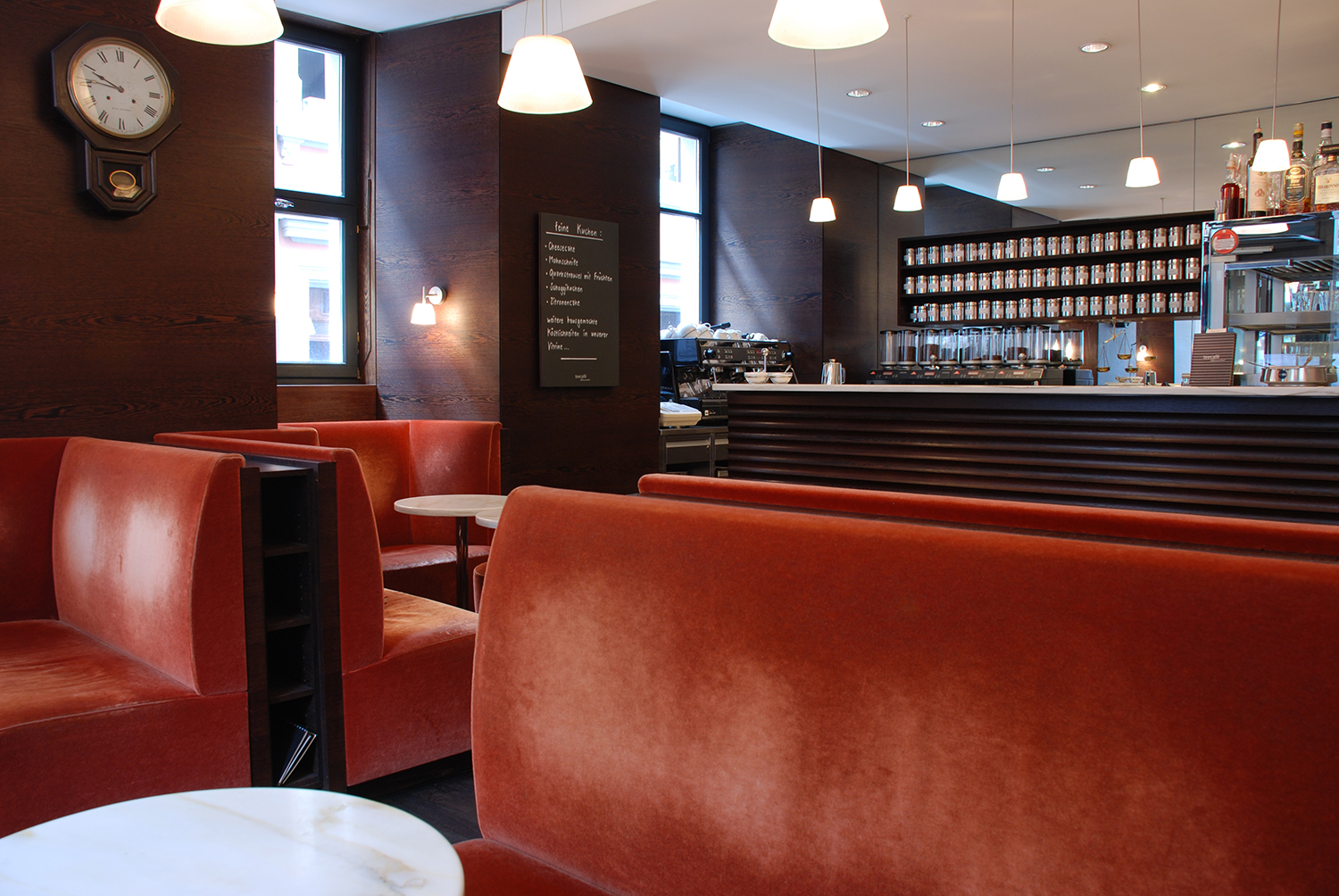
1998
With the growing interest in high-quality teas and coffees, the former coffee warehouse is converted into the “TeeCafé”. Architect Stefan Zwicky succeeds in creating a cosy place that offers the opportunity to taste the entire range of teas and coffees and enjoy a variety of homemade baked goods.
2004
Schwarzenbach’s first website goes online. Customers can now order almost the entire product range via this channel.
2014
To celebrate the 150th anniversary, the book “Schwarzenbach – Das Zürcher Kochbuch” is published. Book author and food researcher Dominik Flammer narrates the close connection between the development of Zurich’s market and culinary history and the story of the Schwarzenbach store. Ten renowned Zurich chefs develop recipes using delicacies from Schwarzenbach, photographed by Sylvan Müller. A detailed encyclopaedia describes most of the products on offer in the countless drawers and showcases in the shop. The book is graphic designed by Patricia Schwarzenbach.
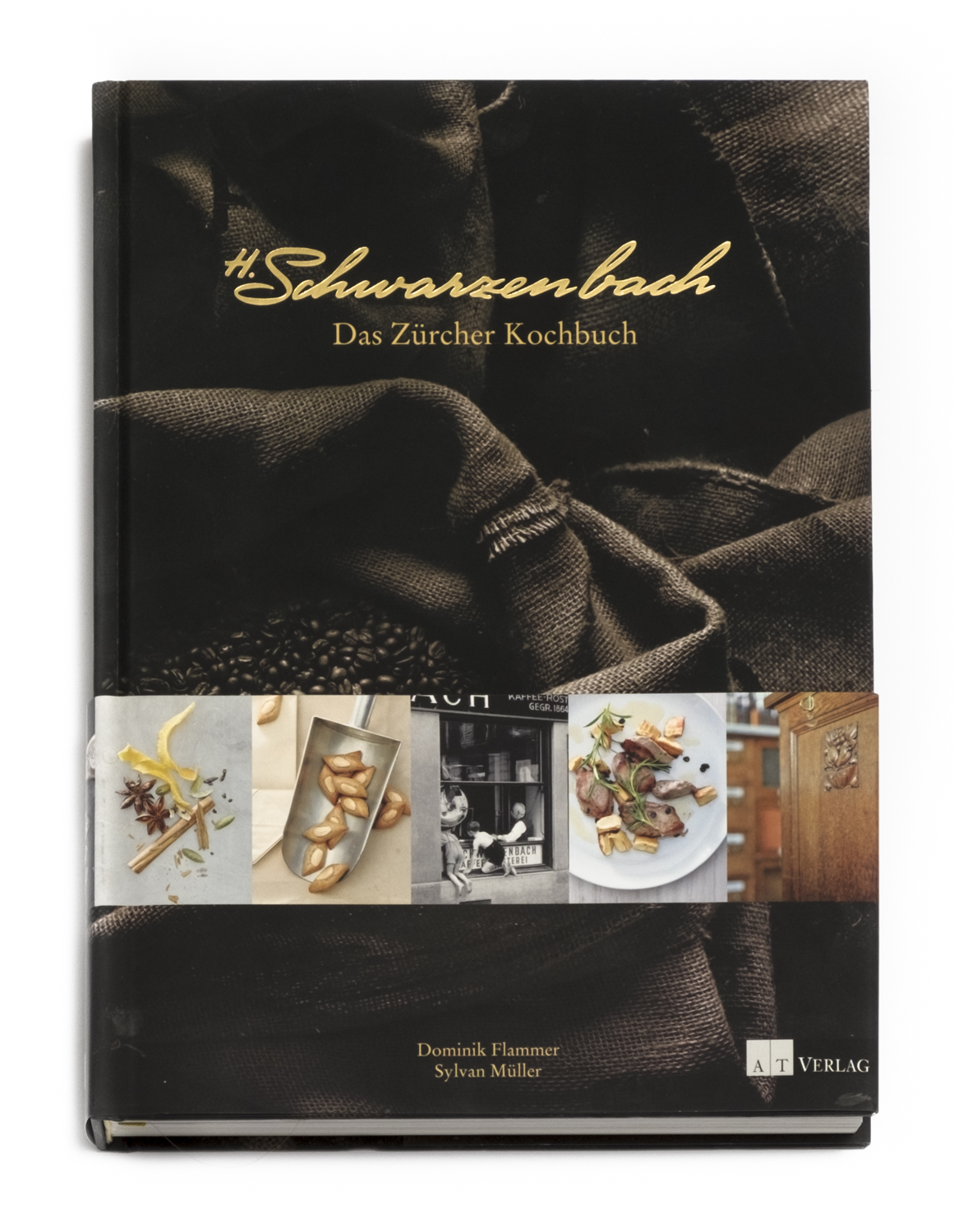
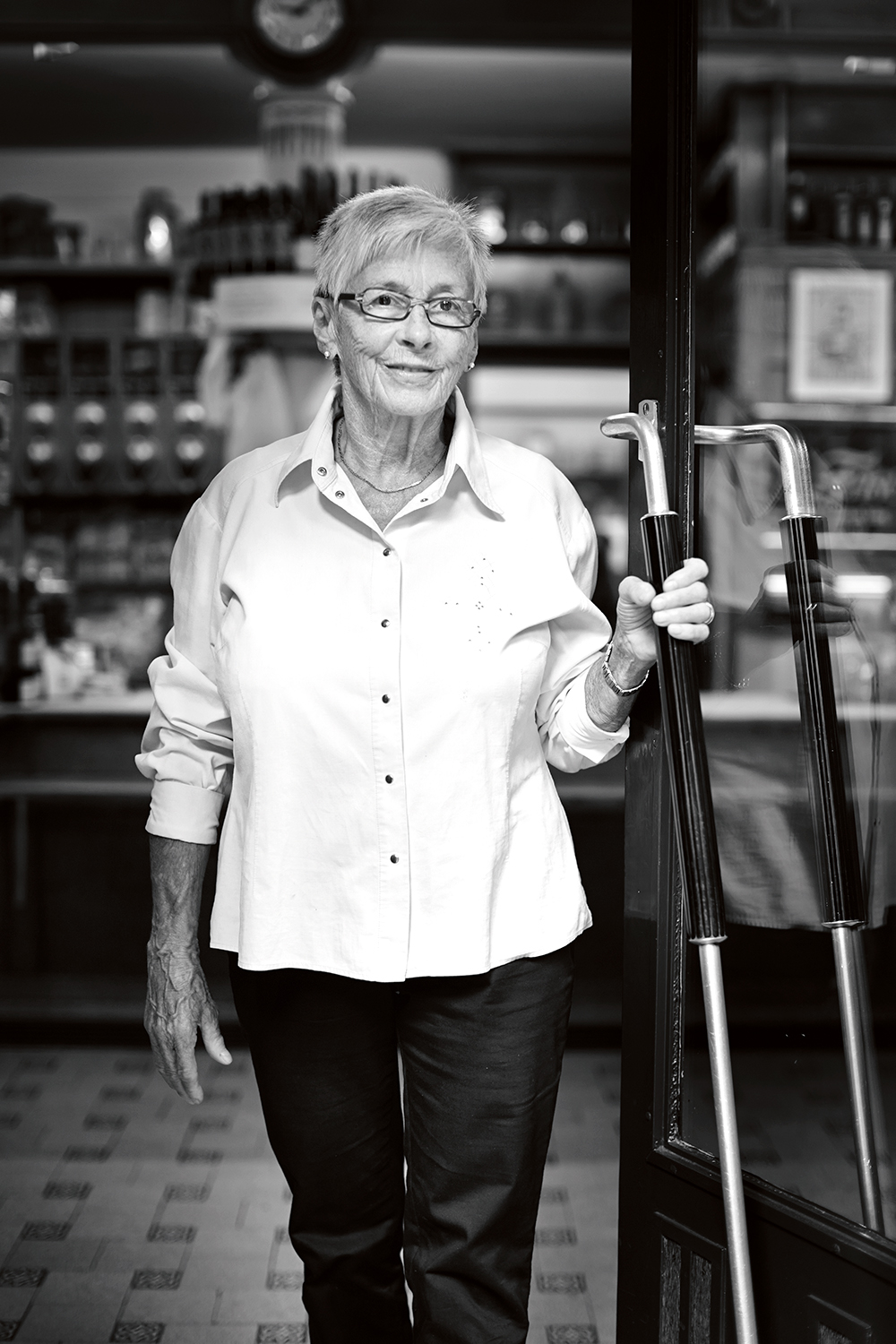
2015
After 57 years of working almost every day in the shop, Annelies Schwarzenbach retires. She has been active in the shop just as long as Heinrich II.
2020
The decision to close the “Teecafé” was made at the same time as Corona, but independently of it, after 22 years. In a three-month renovation phase, Stefan Zwicky once again creates a harmonious space for culinary enjoyment, now with the theme of chocolate.
The chocolate shop opens at the same time as the second lockdown in January 2021. With over 350 chocolate bars from small, first-class bean-to-bar manufacturers from Switzerland, Europe and the countries of origin of cocoa, the wonderful, tasteful diversity of this product is demonstrated.
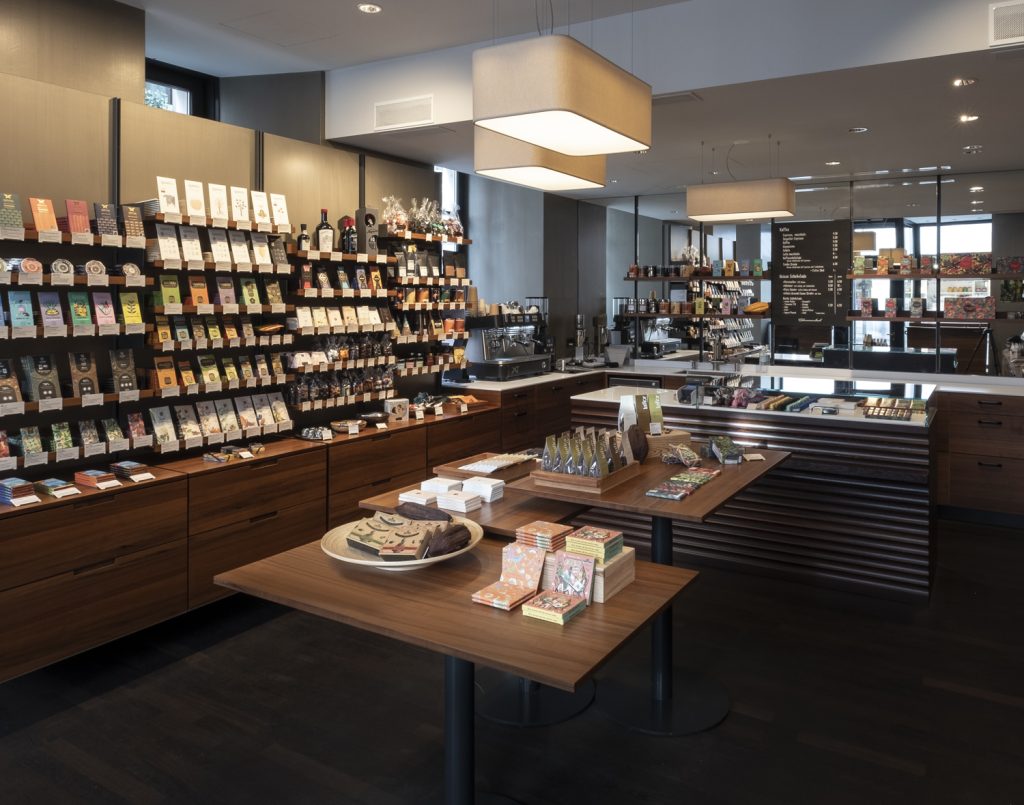
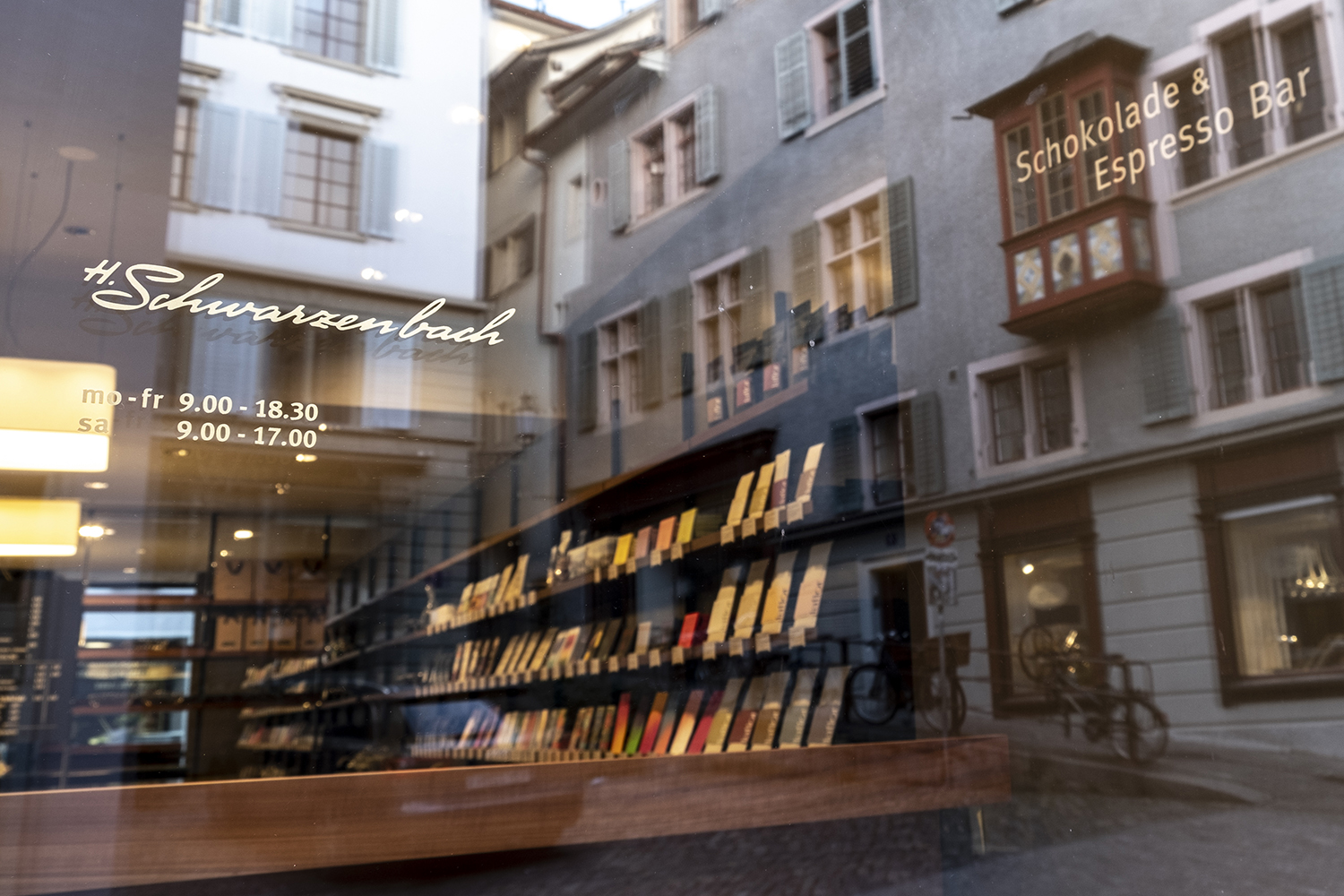
H. Schwarzenbach today
The next, sixth generation is already taking part and getting a taste of what it’s like to work at H. Schwarzenbach.
Thanks to our loyal customers, the future looks promising. Where the culinary journey will take us remains to be seen.